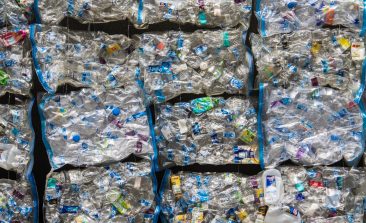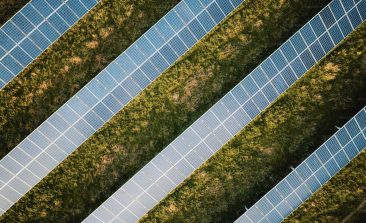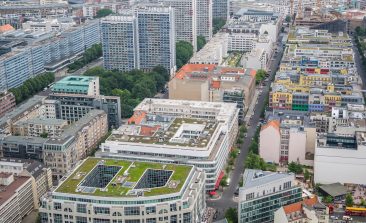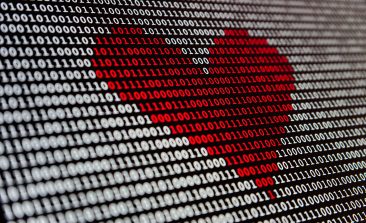
Christian Nathler
Christian Näthler is a German-Canadian writer currently living in Berlin. His journalism work explores digital solutions to the climate crisis, conscious travel, and sports culture. Through his newsletter, lol/sos, he publishes interviews with analogue creators as well as personal reflections on our generation’s fraught moment in time. He envisions his future office to be a gourd patch on a permaculture farm.








